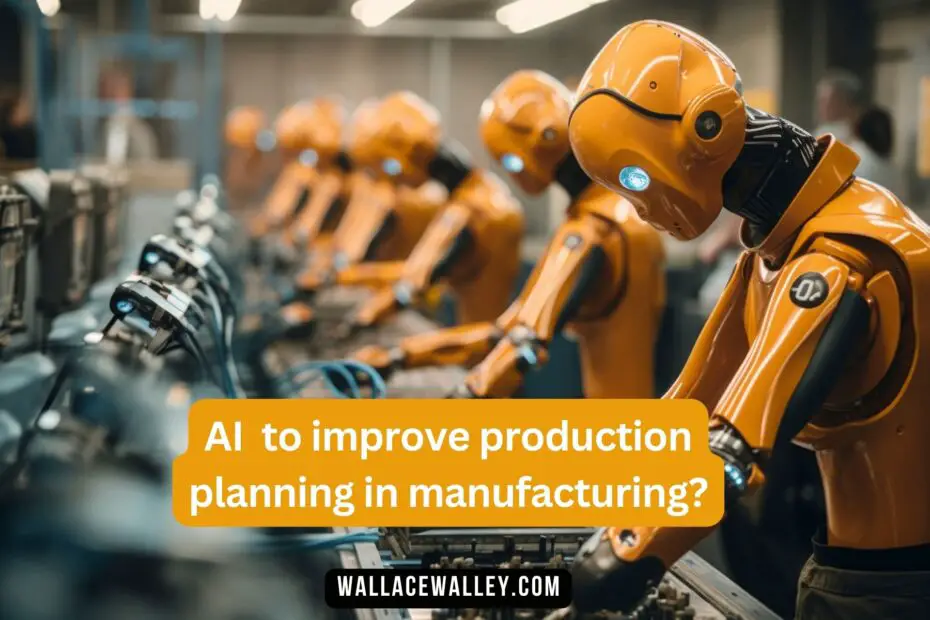The time has come for manufacturers to start thinking about how they can integrate artificial intelligence technologies into their production planning systems.
Production planning in the manufacturing sector is an essential element of operations management, even though most production planning applications don’t really plan anything at all.
Traditional planning systems, including material requirements planning and its derivatives, do an excellent job of sorting through various requirements and dates.
They then apply a type of fixed logic to this mass of data and establish a plan or schedule that seems reasonable and might actually work.
But any experienced planner will tell you that a typical computer-generated plan can contain impractical, or even downright impossible elements – like launching a production order two weeks ago and finishing it today, or asking a work center to commit to three or four times as much production as it can achieve in a day.
AI for Enhancing Production Planning in the Manufacturing Sector
The new generation of Advanced Planning and Scheduling (APS) systems overcomes many of the limitations of previous models by applying optimization algorithms instead of fixed logic.
This allows for a compromise between priorities and alternatives to propose a more feasible plan that balances both resources and material quantities. However, even APS, as “smart” as it is, has its limits.
It requires a dedicated and skilled human planner to interpret and apply the recommendations within the context of what is actually happening in the factory and in the customer’s world, using information not found in the data.
Based on experience and knowledge, or at least the ability to anticipate, what will likely happen in various future scenarios?
The use of the word ‘intelligence’ in the previous paragraph is significant because it is human thought for which AI is designed. These production planning systems “learn” by collecting a massive amount of data and analyzing it meticulously to determine causes and effects in order to build a model of the process.
Then, as new information comes in, the system can perform thousands of simulations to find the best course of action. The model is also refined based on additional data as these scenarios unfold.
Production planning systems incorporating AI capabilities will not replace human planners – at least not anytime soon. It will take some time to build the necessary level of trust to rely on a computer to perform this vital task.
That being said, the plans and schedules developed by AI will undoubtedly be “better” than what any human could create. Factories will operate more efficiently, product quality will improve, and more work will be completed on time and at a lower cost.
So, what will the planner do once AI takes over production planning in the manufacturing sector?
In addition to adding “integrity checks” to the plans and operations of the planning system, human planners can focus on managing special exceptions that the system may not be able to handle. Moreover, human insight and ingenuity can be directed towards improving processes.

